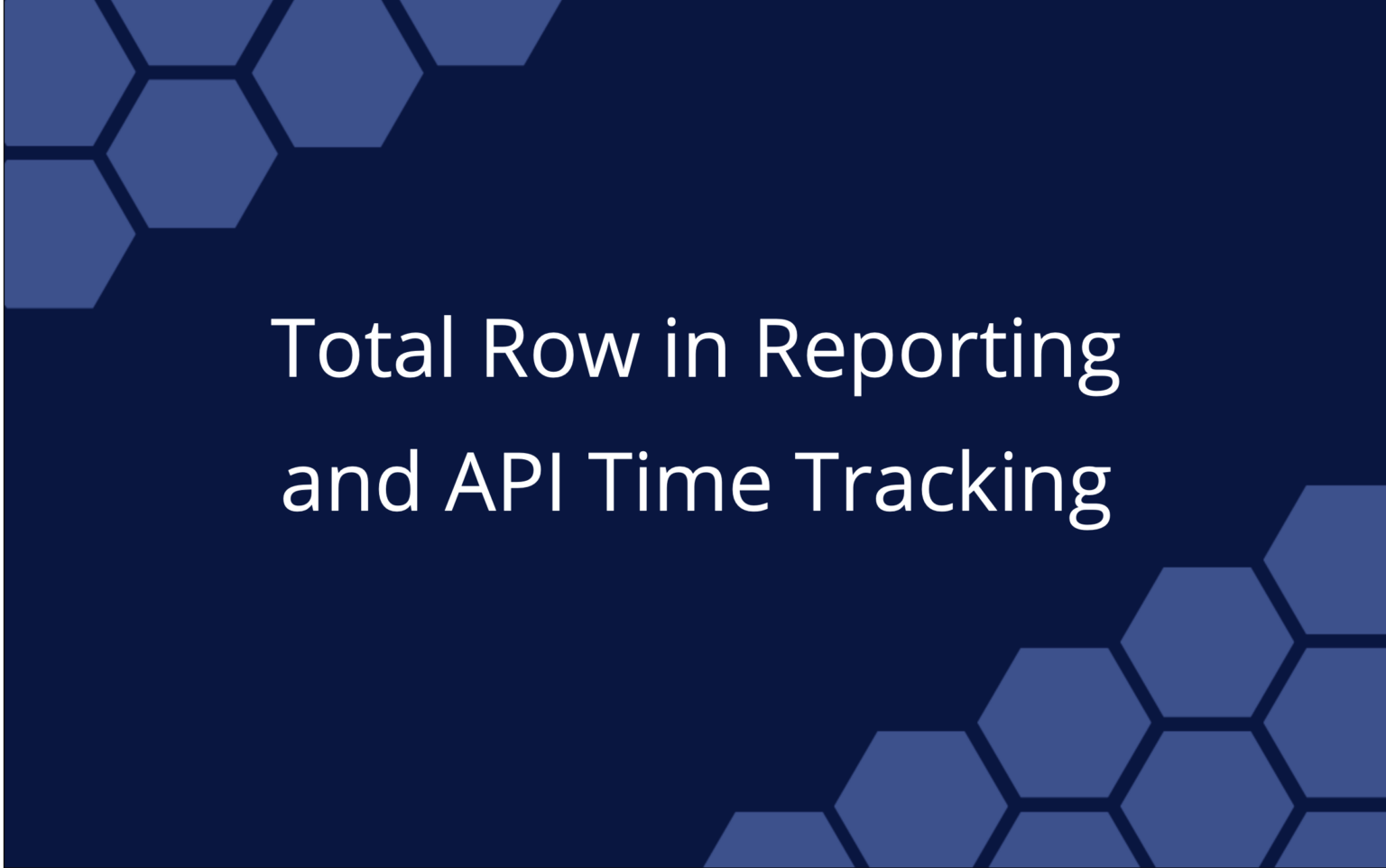“Just a minute!”
“OK! In a sec…”
“We’ll be done in a bit!”
How many times have you heard yourself say one of those phrases? How many times have they been said to you? If you’re a parent, then you probably find yourself saying them least a few times a day. And you probably learned them from your parents.
The real question is though, how many times were you accurate with that statement? Did you always get to that next task ‘in a sec’, or even in ‘just a minute’? Probably not all of the time. I know I didn’t and I know my kids got frustrated (at least when they were old enough to figure it out).
Now, what if your client or upper management are like your children? You might not say exactly those words, but you might say something like:
“This phase will be finished in a week,” or “Testing will be complete by tomorrow.”
And does that always happen? Well, I know it doesn’t always happen on my projects. And I’m sure any client would get frustrated after seeing these deadlines not met.
A wise project manager once said “The best estimate is made once the project is over.” If you went by this and know even just a bit about the cone of uncertainty, then you’d understand the farther away from a completion dates you are the harder it is to make exact commitments. So, a better approach when making promises about your project is to provide a range of dates, a window of time. Not all clients/upper management will accept this, but if you’re using a scheduling system like LiquidPlanner, you could provide the “Expected” completion date (which is based on a calculation of ranged estimates). And if you can provide a window of time and narrow that window as the project progresses, you’ll have a happier client and project team.
So, back to the parent/child scenario. I’d like to try this with my 5 year old, next time she asks me to come help her write something, I’ll say
“I’ll be there in 4 to 8 minutes!”
It would definitely throw her off, and it might even start a fun countdown game and improve her time-telling skills. And this way I won’t have to keep saying “in a minute” because I’ve given myself a comfortable range to commit to.
Maybe we’ve finally found a solution to the “Are we there yet?” problem…
 Say hello to the new Tempo! LiquidPlanner is now Portfolio Manager.
Say hello to the new Tempo! LiquidPlanner is now Portfolio Manager. 






